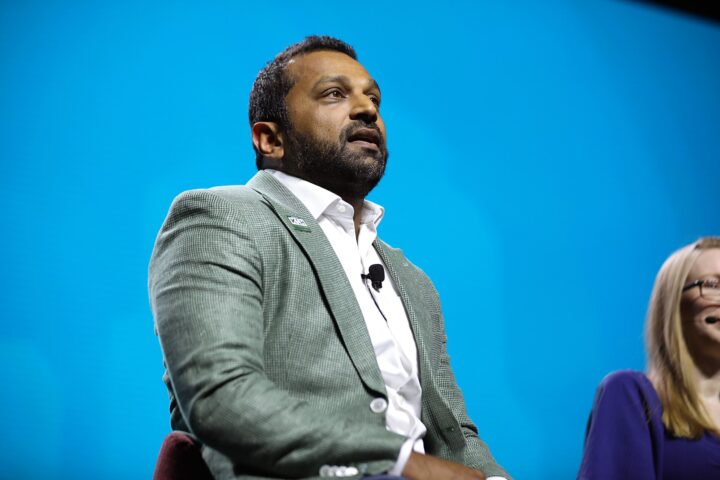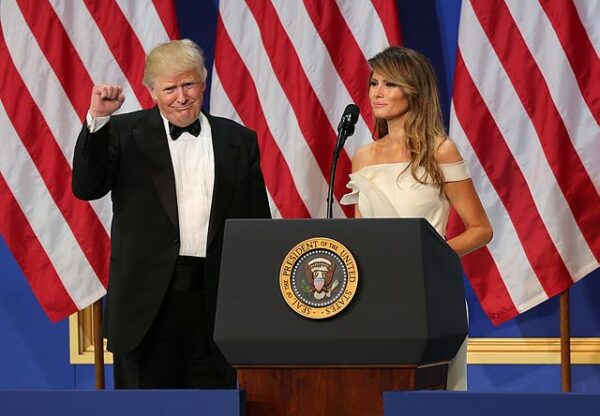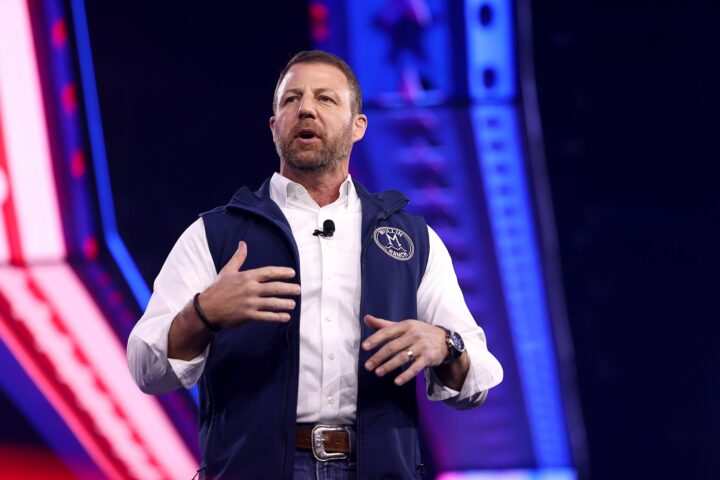A televised debate on NewsNation between former Trump White House Chief of Staff Mick Mulvaney and progressive podcast host Brian Tyler Cohen reportedly descended into a shouting match Tuesday night, highlighting the deep divide between conservatives who argue Washington is drowning in debt and progressives who blame Republicans for runaway spending.
The clash began after Mulvaney, a former Republican congressman and fiscal hawk, warned that the federal government was bloated and unsustainable. “The government’s too big. It just is. We’re $37 trillion in debt,” Mulvaney declared.
Cohen, a left-wing commentator known more for online activism than policy expertise, fired back by shifting blame to Republicans and President Donald Trump. “When we talk about this idea that the government is too big, that there’s too much spending– I mean, Mick, it’s your party,” he said. “It’s Donald Trump that is adding trillions and trillions and trillions to the debt because they want to give themselves tax cuts. The Republicans just passed a budget bill that would add $4 trillion to the debt.”
Mulvaney, unimpressed by the lecture, brushed off the claim. “$4 trillion. I get it. Okay,” he remarked, dismissing Cohen’s attempt to frame the GOP as reckless spenders. Cohen pressed harder, insisting, “You can scoff it off, but it doesn’t change the math.”
The exchange quickly spiraled, with both men talking over each other. Cohen accused Republicans of hypocrisy, saying, “So is it not the Republican Party that’s added a quarter of all debt in Trump’s first term and then added $4 trillion because of this budget?”
Mulvaney refused to take the bait. “No, I’m not gonna talk about Covid and the bipartisan bills of the past,” he snapped, reminding viewers that much of the debt surge came from emergency pandemic relief passed with broad Democratic support. “Look, if we want to talk about the government shutdown, we can, but I’m not gonna debate a podcaster.”
That final line captured the frustration of many conservatives who see partisan influencers like Cohen as more interested in scoring viral soundbites than engaging in substantive debate.
Cohen, however, seized on the moment, accusing Mulvaney of dodging the numbers. “You’re not gonna debate when I give you the numbers, and I mean, it looks worse on you than it does on me because I gave you the numbers right there and you just don’t want to answer the question,” he said.
After the broadcast, Cohen gloated on social media, posting, “Appears on air to debate podcaster… refuses to debate podcaster.”
For Mulvaney, the exchange underscored a deeper conservative concern: that serious debates about debt and the size of government are too often reduced to partisan finger-pointing. Republicans maintain that Democrats, with their trillion-dollar social programs and climate spending, are the ones driving the nation deeper into the red. Yet voices like Cohen’s seek to pin the blame squarely on Trump and his allies.
The heated back-and-forth offered little clarity on how to address the nation’s $37 trillion debt but plenty of evidence that America’s fiscal crisis remains more a political weapon than a bipartisan priority.
[READ MORE: Trump Revokes Colombian President’s Visa After He Calls For Mutiny]








